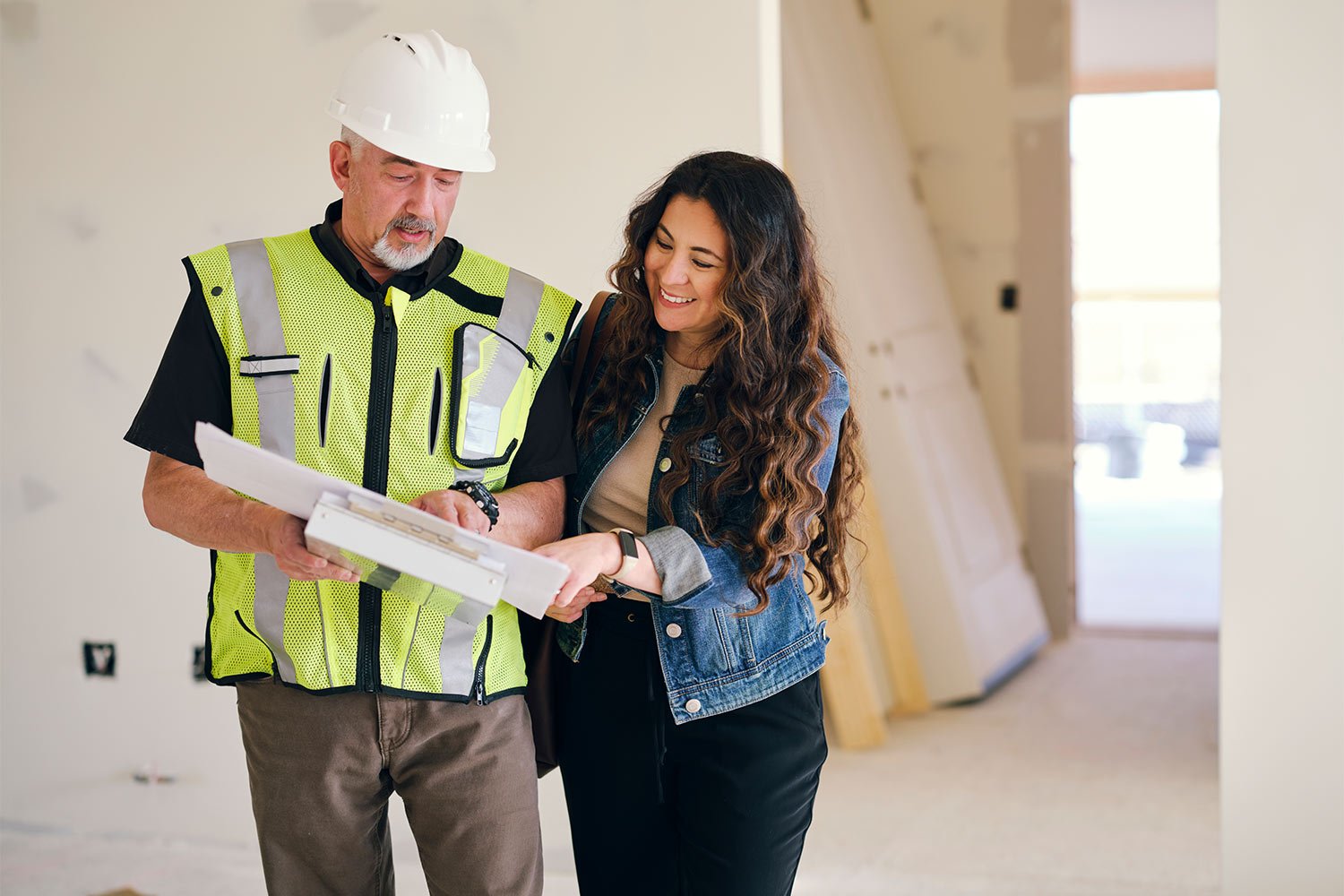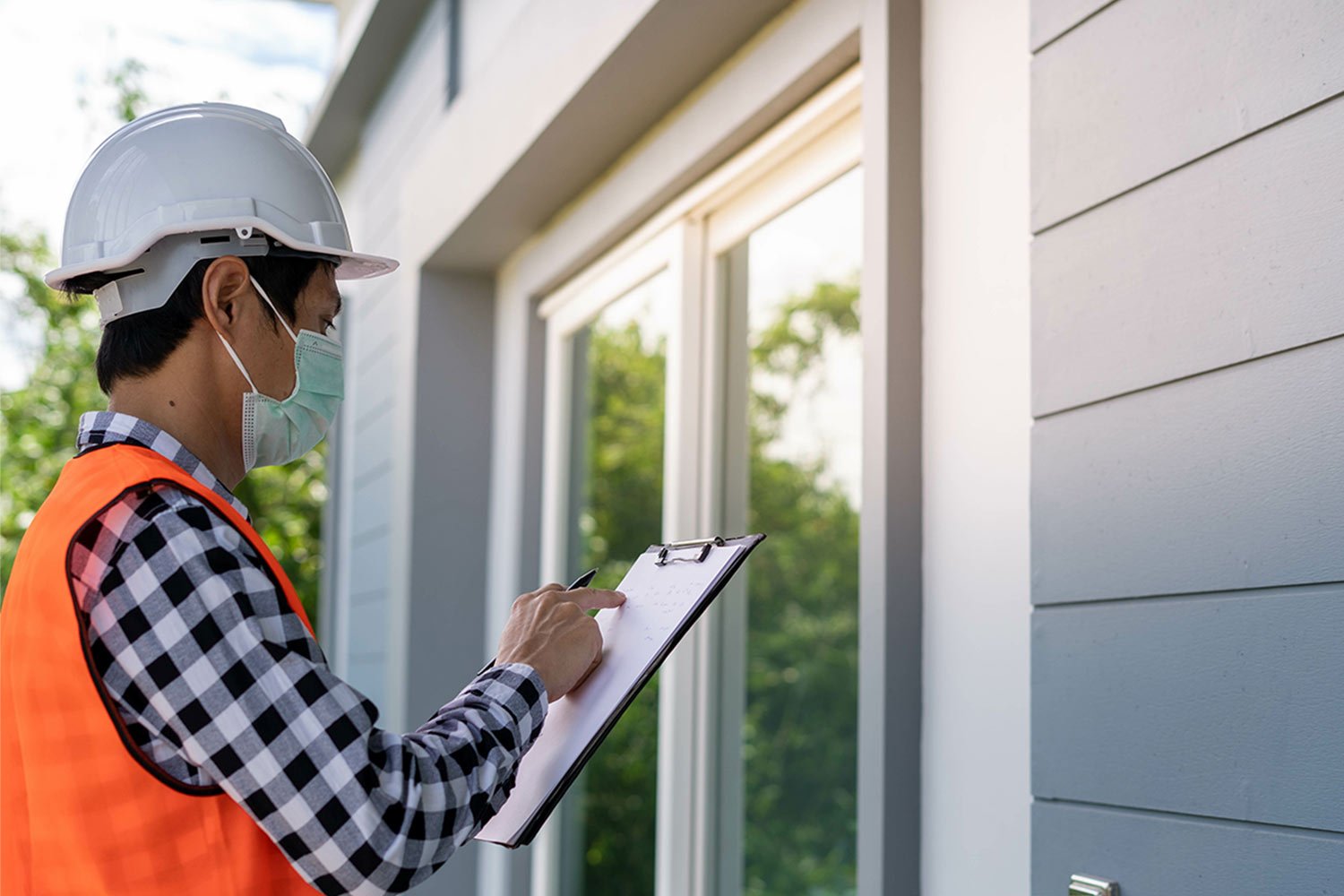17 Questions To Ask Before You Hire a Home Inspector
Before hiring a home inspector, ask these 17 questions to ensure you're making the right choice


A home inspection is a critical and high-stakes moment for anyone preparing to buy a house or apartment. There’s so much riding on the inspection report and so many different factors to consider as you figure out how to hire a home inspector. Don’t get overwhelmed with research and second-guessing. We’ve got 17 questions you can ask qualified home inspectors in your area whose answers will reveal a lot about the service you can expect.
1. What Is Your Experience?
Much of the crucial and reliable home inspection knowledge is developed through experience. Though it’s not the only important factor, it will be a lot easier to trust the judgement of an inspector who has been in the game for a long time rather than someone who just started last week.
2. How Long Have You Worked in the Area?
Many of the issues most likely to be present in the house will be common in one region or state but not another. Local experience matters; an inspector who has done most of their work in Florida might not be the best choice to inspect a boiler in Maine.
3. How Do You Stay Up to Date on Defective Products and Building Practices?
At the same time as you may want a seasoned inspector, you also want to make sure they keep up with the construction practices and home products that have proven defective. Do they keep up with product recalls? An inspector working from a checklist or knowledge acquired decades ago might miss some major issues.
4. Can You Provide References?
Ask the inspector if you can speak with previous customers to ask about their satisfaction. Any information you gather will only be partial, since the inspector is unlikely to connect you with anyone who was dissatisfied with their service, but it’s telling if the inspector doesn’t have a list of happy clients to offer.

5. Can I Be Present for the Inspection?
Whether or not you ultimately plan to attend the inspection, you should be wary of an inspector who won’t let you tag along and explain the process.

6. What Is the Scope of the Inspection?
Many homeowners don’t know what a standard inspection includes and doesn’t include—and there’s a lot of variation between inspectors and between locations. Do they check the floors? What about the windows? Do they test outlets and appliances? Do things like odor figure into their report, or do they stick to what’s visible?
7. Are You Certified?
Most states require their own licensing and certification processes for home inspectors who do business there. In addition, a certification from a professional body like the American Society of Home Inspectors (ASHI) can give you more confidence in their capabilities, even if it’s not required to practice.
8. Are You Insured and Bonded?
Believe it or not, many companies offering home inspection services do not carry insurance. You want to make sure they hold policies for both errors and omissions and workers’ compensation. The former is important because you want confidence that there’s a provider to pick up the tab if they make a mistake on their report and you sue. Knowing that they cover workers’ comp is a matter of protecting your own liability. If an inspector gets injured in your home, and can’t rely on their employer to cover the bills, it may put you at risk of a lawsuit.
9. How Long Will the Inspection Take?
This is an important question for practical reasons—since you’ll want to know how much time to set aside—but also for what it may reveal about the inspector. They will only be able to give you a ballpark figure, since there are any number of complications that won’t be discovered until they’re on site, but an inspector who tells you they’re only going to spend one or two hours inspecting a four-bedroom house is probably not going to do a very thorough job.
10. Which Tools Do You Employ in Inspections?
You want to make sure the inspector has the equipment they need to produce a reliable report—and a well-equipped selection of tools is also a good indication of experience and commitment to the profession. You also want to know if they have the kinds of tools, like an infrared camera, that may be necessary for the home.

11. Can I See a Sample Report?
The opportunity to see a sample report before hiring an inspector will give you a sense of whether or not the information they will provide about the house is clear and comprehensive. If the report includes color photos, for example, you’ll know their report will offer more detail than one that only includes black-and-white copies. It’s also a good way to ensure the format of the report meets your needs—if, for example, you need a digital copy to email to a loan provider.
12. When Will You Deliver the Report?
Many sales need to close quickly. It’s crucial that you know you’ll get the report in the timeframe you need.
13. Do You Provide a Written Service Agreement?
A home inspection is a big job with lots of ambiguities and room for misunderstanding. A contract guarantees that you and the inspector are on the same page about the scope of the work—and the refusal to provide one is a big red flag.
14. Do You Also Perform Repair Work?
A person who also makes repairs is a home inspector with a conflict of interest. Some homeowners turn to general contractors for inspections, but it’s best to stick to a certified home inspector.
15. What Is Your Knowledge of Building Science?
A building inspector who has a working familiarity with building science can catch long-term threats to your home before they become major crises. Find out if the inspector is or will bringa certified thermographer and the details of any other advanced techniques they may employ.
16. Do You Inspect the Security System?
Some inspectors partner with companies that can inspect existing security systems or install a new one—a helpful way of taking care of two major early projects in your new home.
17. Do You Have Any Additional Expertise?
Not every home is the same and, in some circumstances, you may want an inspector with the expertise necessary for the specifics of your home. Historic homes, for example, often present a unique set of challenges for which you want to make sure the inspector is equipped. For new builds, an inspector with code certification and a background in contracting can be a big plus.



















